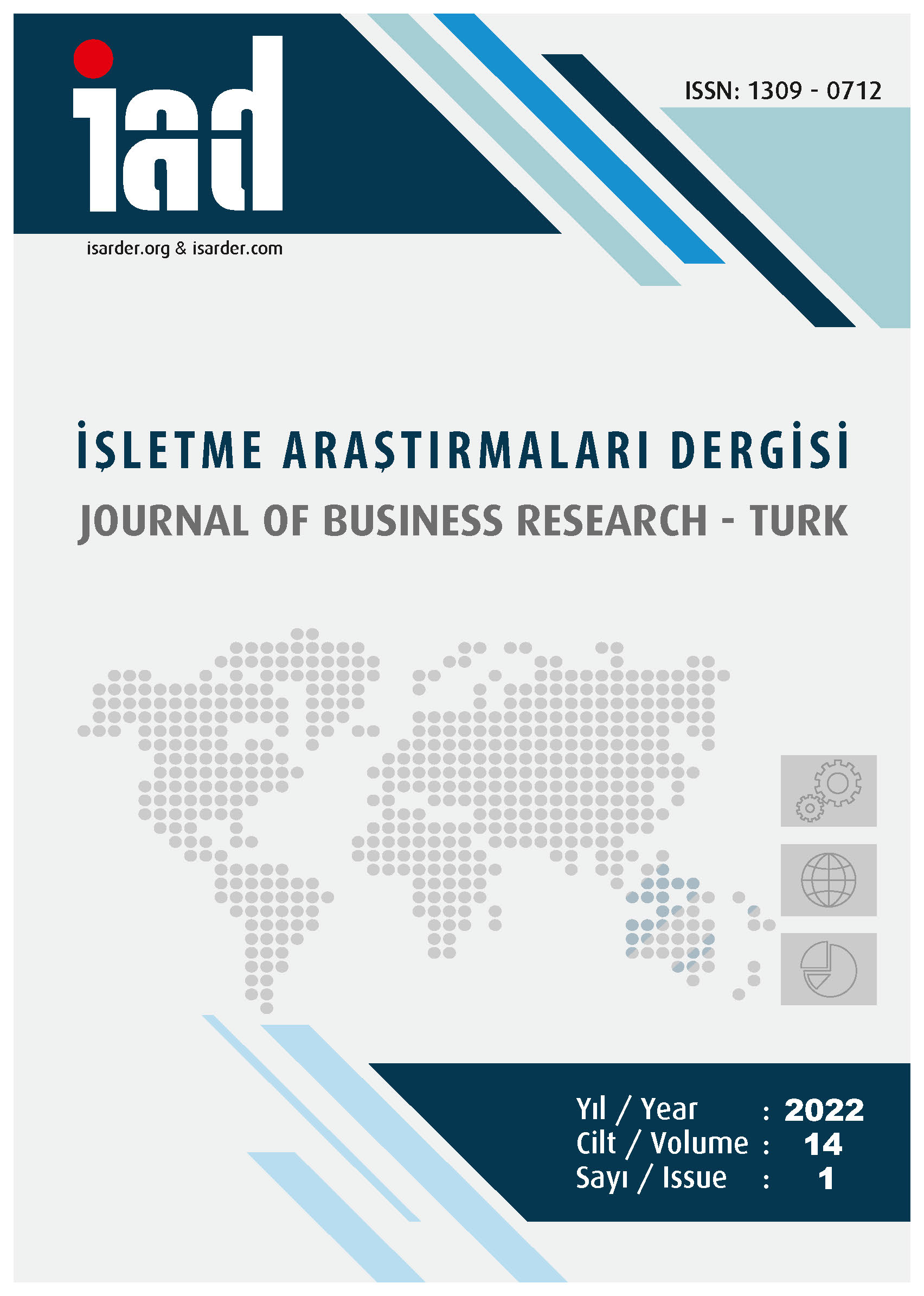The Moderator Role of Risk Attitude in the Effect of Thinking Styles on Overconfidence Bias
DOI:
https://doi.org/10.20491/isarder.2022.1403Keywords:
Decision Making, Overconfidence, Thinking StylesAbstract
Purpose – It is extremely important to reveal the determinants of overconfidence bias, which is one of the most important cognitive biases encountered in the decision-making processes under risk and uncertainty. In this direction, the present study aims to reveal the effects of thinking styles conceptualized as intuitive and rational thinking on overconfidence bias. In addition, it is aimed to examine the moderator role of risk attitude on the relationship between thinking styles and overconfidence bias. Design/Methodology/Approach – In the study, the effects of thinking styles consisting of intuitive and rational thinking dimensions overconfidence bias were examined using the Structural Equation Model using the AMOS package program. The moderator role of risk attitude on the relationship between thinking styles and overconfidence bias was tested using the SPSS Process v6 package program. In this context, the survey method was applied. Findings – The findings of the study reveal that thinking styles determined as intuitive and rational thinking explain overconfidence bias at a rate of 60.5% (R2 = 0.605). While intuitive thinking has a very strong, significant, and positive effect on overconfidence; On the other hand, it is seen that rational thinking has a negative and significant effect on overconfidence. In addition, risk attitude has asignificant role both in the relationship between intuitive thinking and overconfidence and the relationship between rational thinking and overconfidence. Discussion – The study reveals that cognitive mechanisms play a crucial role in individuals' decision-making processes under risk and uncertainty, and they make decisions based on intuitive judgments. The decision makers' awareness of these cognitive processes will be of great importance when making important decisions such as trading in the market or launching a new product.
Downloads
Published
How to Cite
Issue
Section
License

This work is licensed under a Creative Commons Attribution-NoDerivatives 4.0 International License.





